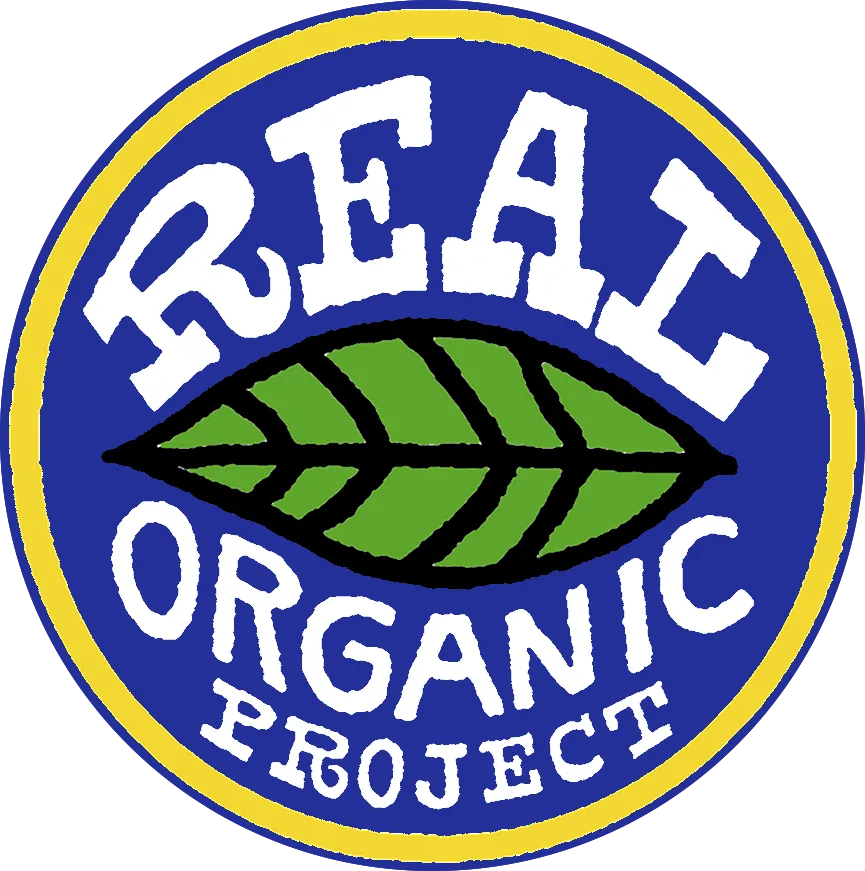Beets – Dirtish or Delicious?: CSA Summer ’14 ” Week #6
Beet-free dinner plates graced my childhood dinner table. My first introduction to beets was as a farming intern. I did not like this vegetable. Whether taste or preparation was the roadblock, I can’t recall. But I do know it was a tenuous relationship at best.
I was not alone.
Many people don’t like beets. Only 11% of home gardeners grow them. They are missing from the Presidential organic garden. And according to Irwin Goldman, master beet researcher and professor of horticlutre at UW Madison, nationwide only 8000 acres are devoted to beet cultivation. Turnips (11,500 acres) and radishes (14,600 acres) are more popular.
Beet-haters claim that beets taste like dirt. And well, they have a point. You know that amazing smell of soil after a rain? You are smelling a chemical called geosmin. This same chemical is what gives beets their distinctive flavor. It’s produced in nature by a number of microorganisms, including blue-green algae and soil bacteria.
It turns out people are surprisingly sensitive to geosmin. Humans can detect it in nanogram amounts, that is, in quantities as low as ten parts per trillion. For some of us this flavor is deliciously earthy, and for others it’s more akin to mud.
So you may be wondering… why do we grow this vegetable if so many people have a dislike for it? It’s a very fair question.
The main reason we grow beets is because they are extremely healthy for you. Beets are rich in folic acid, a B-complex vitamin, and in free-radical-scavenging antioxidants, which prevent cell damage and combat aging.
We also grow beets because they are a versatile vegetable that has a long growing season. Beets can produce starting in June. And because they are a root, beets harvested in October can be stored all the way through to the next June. This makes beets one of three crops that are available to eat locally year round in Wisconsin. Potatoes and carrots being the other two.
The last, and perhaps most important reason we grow beets, is because they are fantastically delicious! That’s right, they are yummy when prepared correctly.
Remember my disdain for beets? My hatred, like most hatreds in life, was born of ignorance. I just didn’t know how to properly prepare them. Now I love them. Lentil, kale, & beet soup. Roasted beets alone, or roasted with other vegetables. Boiled and candied and put on a salad with nuts and goat cheese. Beet risotto. Roasted and cooled and then into a smoothie. Beet chocolate cake. Beet chips. I could go on€¦
So if you think you hate beets€¦ give them another try. Try a new recipe and see what happens. Eating seasonally and locally is a learning process. Tastebud trial and error is all part of the journey.
Cheers and beets!
Cassie
Cool facts about the cultivation, chemical properties, and healthfulness of beets came from the book, How Carrots Won The Trojan War: Curious (but True) Stories of Common Vegetables, by Rebecca Rupp.
In the Box:
- Beets
- Bell Pepper
- Carrots
- Cucumbers
- Eggplant, Japanese
- Garlic Scapes
- Green Beans
- Head Lettuce
- Snow Peas
- Zucchini
- Broccoli
- Kale, Red Russian
- Purplette Onions
REGs only:
- Bottle Onions
This Week’s Recipes:
Summer Week #6: Wednesday, July 16th” Group B EOs








